|
A person I tremendously admire off-handedly once told me, "All of the work I did that made the biggest difference in my life was work I did while other people slept."
Extra effort is what made the difference in his career. Instead of sleeping in, he started working, and it made the big difference in his success. Summer's similar. Twenty years ago, a colleague once told me "If I don't finish a summer project by the Fourth of July, it's probably not going to get finished." He went on to say that too much gets in the way after the Fourth of July: Family vacations, long weekends off, projects around the home, kid stuff, outdoor BBQs, and so on. Ever since hearing this, the Fourth of July high water mark has always been an inspiration for me to really turn on the gas for the rest of the summer so I can say I got as much done after the 4th as before. Benchmarks can be good. Especially if you think that what you do past the benchmark might be what makes the biggest difference for you.
0 Comments
Eating a balanced diet used to be easy when you were little. Your grandmother put a variety of things on the table, you’d eat a little of each, and – ta-da – that was nutrition! Since then, eating’s gotten strangely complicated, with the Atkins diet, flexitarian diets, paleolithic diets, velociraptor diets, and so on. Each one makes a magical case for why we should only eat meat, or never eat meat, or eat only vegetables, or eat only bananas or grapefruits or cabbage and so on. It makes it harder to eat nutritiously than it was when your grandmother said, “Make sure you take a little of everything.”
In June we published interesting study in the medical journal Cureus that shows there might be an easier way for people to eat called the Half-Plate Rule. Half of their plate had to be fruit, vegetables, or salad, if so, the other half of their plate could be anything they wanted. Steak, bread, pasta, foie gras, Pop Tarts . . . anything. They could also take as many plates of food as they wanted. It’s just that every time they go back for seconds or thirds, half their plate still had to be filled with fruit, vegetables, or salad. Could a person load up half of their plate with Slim Jims and bacon? Sure, but they don’t. Giving people freedom – a license to eat with only one guideline – seems to keep them in check. There’s nothing to rebel against, resist, or work around. As a result, they don’t even try. They also don’t seem to overeat. They want to eat more pasta and meatballs or another piece of pizza, but if they also have to balance this with a half-plate of fruit, vegetables, or salad, many decide they don’t want it bad enough. Nobody likes be told they can’t do something. With the Half-Plate Rule there’s nothing you can’t eat. You just have to eat an equal amount of fruit, vegetables, or salad. At some point, getting that fourth piece of pizza just isn’t worth having to eat another half-plate of salad. But, most important, you’re the one who made the decision. Interestingly, what we found was that although it's easy to understand the Half-Plate Rule, it's not alway easy to follow if the only thing on the table is pizza or take-out food. There have to be fruits, vegetables, and salad in the house before you can eat them. All my best in half-plate happiness and health. |
Welcome!Here are some tips, tricks, and secrets on how you and your family can eat to be healthier and happier. They're based on over 30 years of our published research.
Fun InterviewsMost Visited Last Month• For You
• Smarter Lunchrooms • The X'Plozionz Band • Help your family • Kitchen Scorecard • Retracted papers • Grocery secrets • Do kids inherit taste? • Be healthier at work • How not to retire • Estimating calories • Restaurant Secrets • Syllabus template Top 2024 Downloads• Kitchen Makeover
• Smarter Lunchrooms • Smarter Lunchroom Scorecard • Grocery Shopping Hacks • Restaurant Secrets • Write a Useful Syllabus • Workplace Wellness Tips • Healthy Profitable Menus Categories
All
|

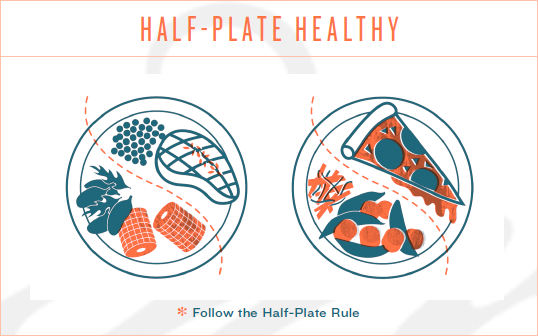
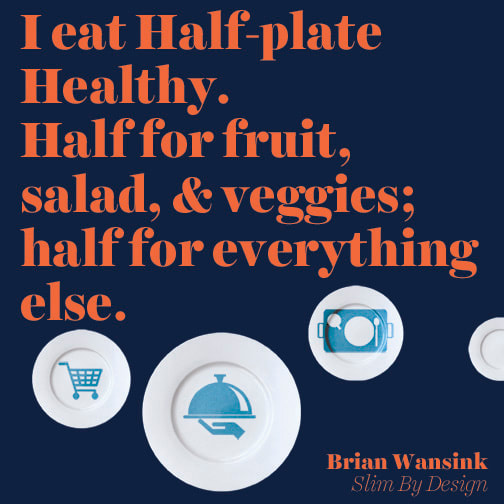
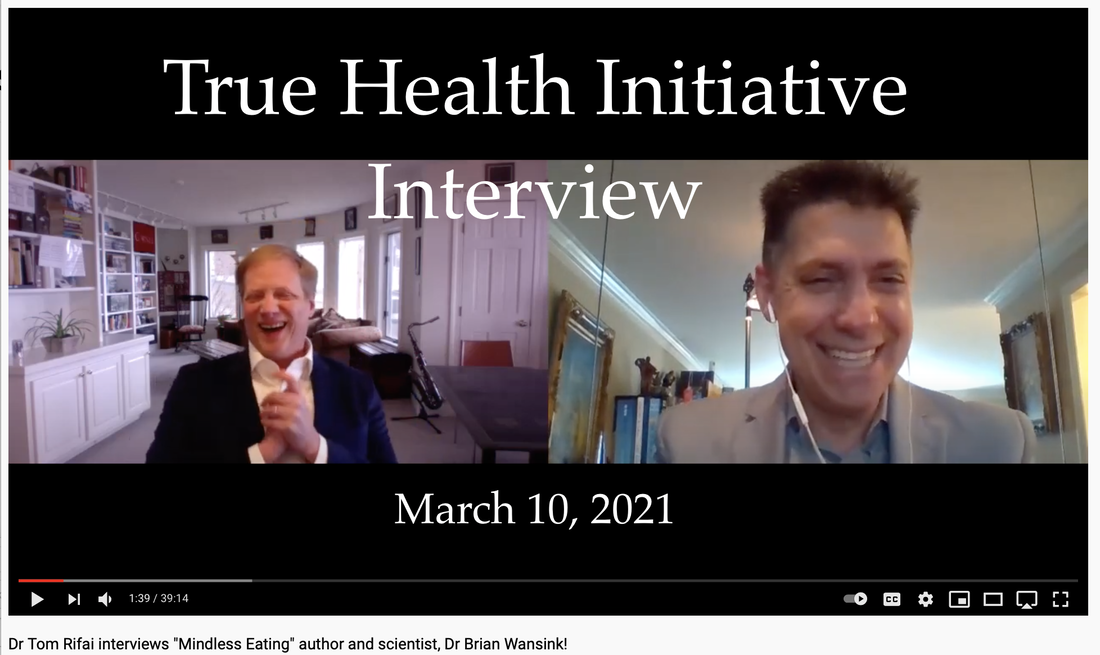
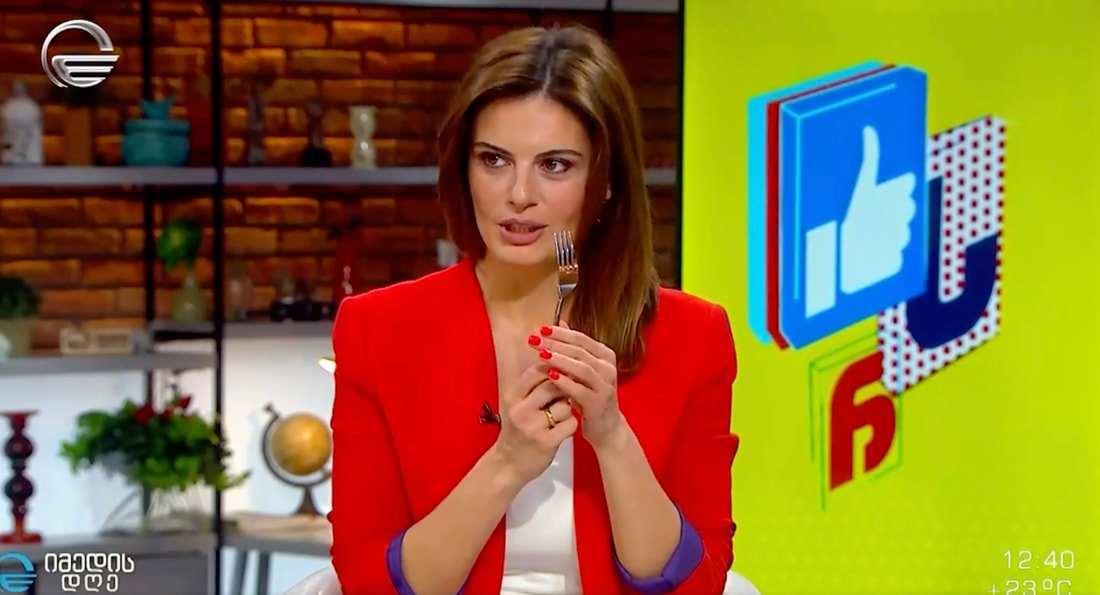
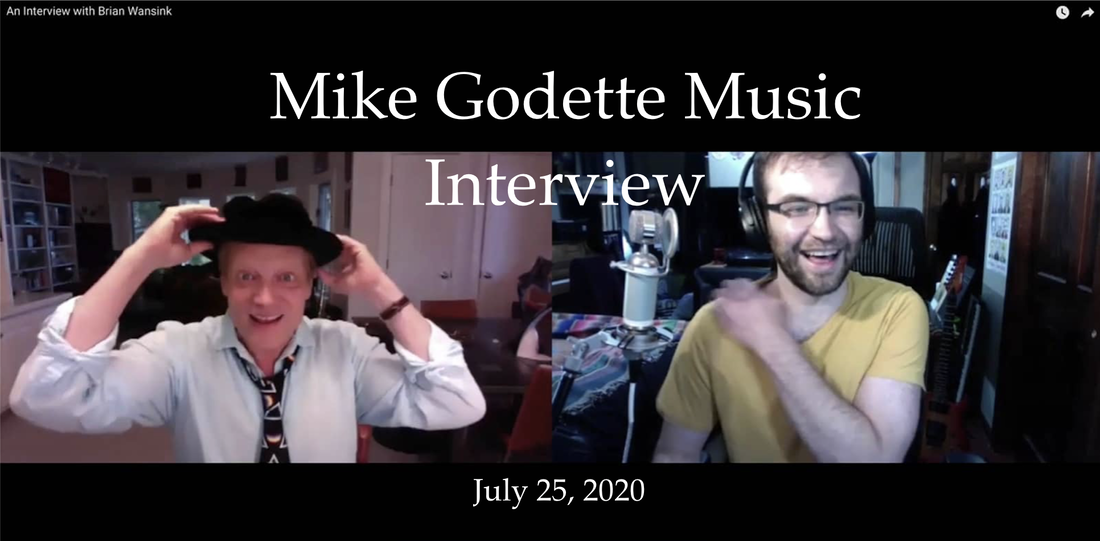

 RSS Feed
RSS Feed